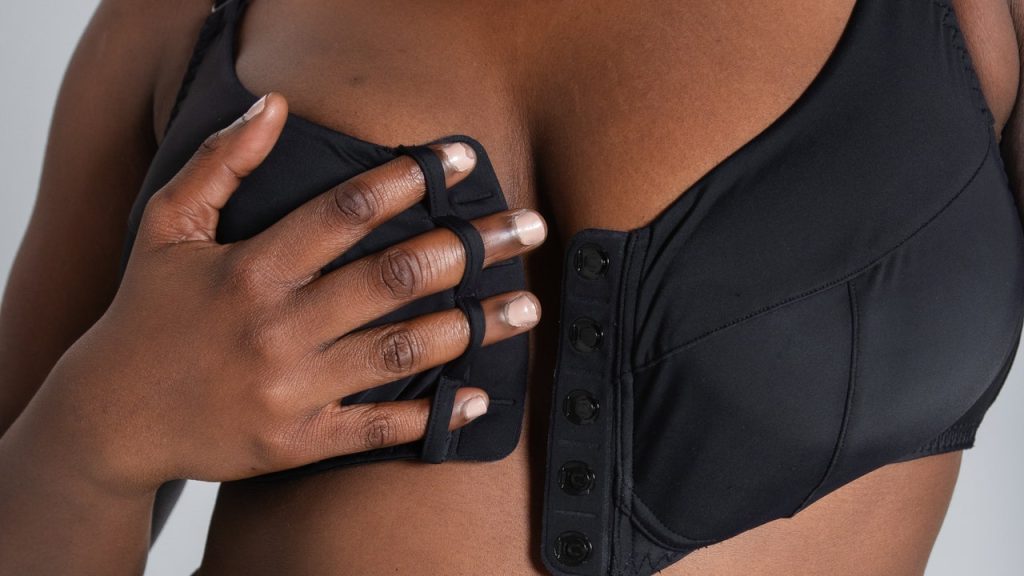The fashion industry has seen a rise in adaptive fashion in recent years, with brands like Tommy Hilfiger launching adaptive fashion lines and models like Aaron Rose Philip and Mama Cax bringing more representation to the runway. Victoria’s Secret recently acquired Liberare, a woman-owned disability-adaptive brand, to be part of their adaptive fashion offerings. Lydia Smith, Chief Diversity Officer at VS&Co, expressed excitement for Liberare to join their list of dynamic brands, stating that they worked with people with disabilities and experts to ensure the products fit their needs.
However, while the availability of adaptive fashion has increased, some individuals with disabilities, like Aaron Rose Philip, do not rely solely on adaptive fashion lines. Philip, who uses a power wheelchair, prefers brands like Tommy Hilfiger Adaptive, Zappos, and Target for their commitment to accessibility and efficiency for physically disabled customers. These brands, in Philip’s opinion, create clothing that is both chic and practical for disabled consumers who have a passion for fashion but are sometimes underserved by the industry.
Adaptive fashion has come a long way in the past decade, with more options available for individuals with disabilities to express themselves through clothing. Models like Aaron Rose Philip and the late Mama Cax have been instrumental in bringing visibility to disabled individuals in the fashion industry, walking the runway for major brands and publications. The evolution of adaptive fashion has been a positive step towards inclusivity and diversity in an industry that has often been criticized for its lack of representation.
Companies like Victoria’s Secret are recognizing the importance of inclusive fashion and are expanding their offerings to include adaptive fashion lines. By working with brands like Liberare and partnering with disability advocates and experts, Victoria’s Secret is making strides towards creating a more inclusive shopping experience for all customers. This move reflects a larger trend in the fashion industry towards embracing diversity and accessibility for all individuals, regardless of ability.
With the rise of adaptive fashion, more designers and brands are being encouraged to create clothing that is not only stylish but also functional for individuals with disabilities. While there is still progress to be made in terms of accessibility and representation in the industry, the increasing visibility of disabled individuals and the availability of adaptive fashion lines are steps in the right direction. By continuing to prioritize inclusivity and diversity, the fashion industry can better serve all consumers and create a more welcoming and empowering shopping experience for individuals of all abilities.
As adaptive fashion continues to gain attention and acceptance in the fashion industry, there is hope that more designers and brands will follow in the footsteps of those who have prioritized accessibility and inclusivity. By listening to the needs and preferences of disabled consumers and working with experts in the field, brands can create clothing that not only looks good but also meets the needs of individuals with disabilities. The future of fashion is likely to be more diverse and inclusive, with adaptive fashion playing a significant role in shaping a more accessible and empowering industry for all.













